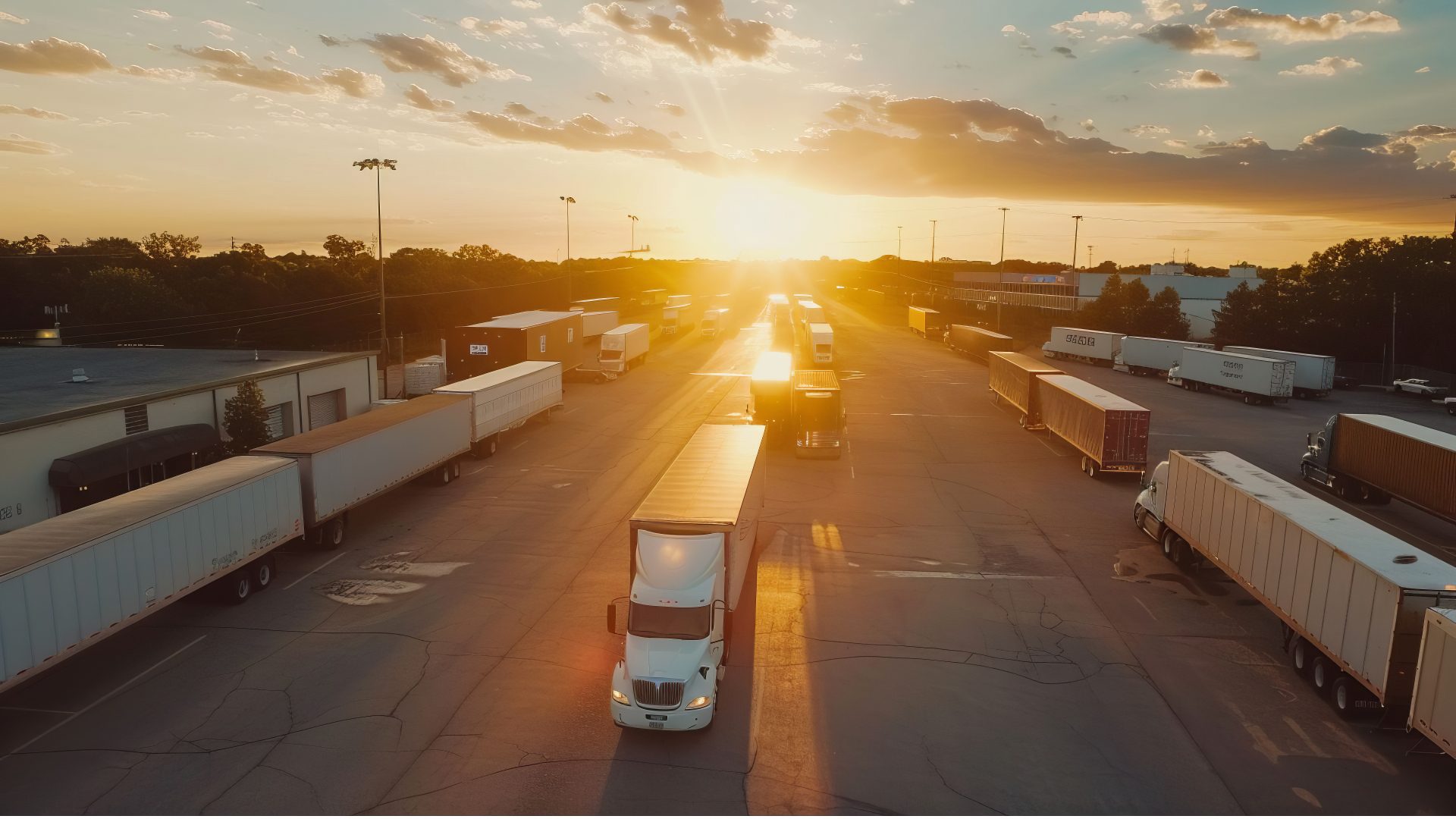The Francis Scott Key Bridge collapse in Baltimore is definitely causing some headaches for carriers and importers along the East Coast. Baltimore handles a whopping 1.1 million TEU annually, meaning about 21,000 TEU weekly will have to find another route. With its super deep draught of 15.2 meters, Baltimore can accommodate some mega-sized vessels that other ports can’t handle.
Larger ports like New York/New Jersey and Virginia might be able to pick up the slack, but there’s only so much capacity to go around. The big question now is how fast carriers can reroute their shipments and if they can handle the extra load.
Ports in Philadelphia, Boston, and even Wilmington, North Carolina, could see more action. Even Halifax in Canada could get in on the action, especially since it’s been expanding. Norfolk and Savanna push record numbers every month already, so catching overflow might be possible though difficult to manage. The West Coast and Gulf ports could solve issues for a while, but no ports have the capability to manage surging cargo quite like Los Angeles and Long Beach.
But the real trouble could hit the car industry hard. Baltimore’s a major car hub, handling around 750,000 vehicles a year. With fewer alternatives like Brunswick, Georgia, things could get backed up quickly.
The incident exacerbates existing pressures on ocean freight services, already grappling with issues like the Panama Canal drought and Red Sea conflicts, leading to potential rate hikes.
And it’s not just cars; the global fleet of car carriers is already stretched thin. Having one stuck in Baltimore isn’t doing anyone any favors. So it’s a mess that will take some serious scrambling to sort everything out.
While the full extent of the disruption remains uncertain, proactive measures and collaboration across the supply chain will be vital in mitigating the fallout from this unfortunate incident. As the industry navigates these challenges, adaptability and resilience will ensure the continued flow of goods along the East Coast.
The collapse of the bridge brings not just human tragedy but also staggering financial burden. Estimates for rebuilding soar up to $800 million, with insurance claims potentially hitting $4 billion. Companies involved aim to limit liability through legal filings, citing maritime law to cap damages. Legal battles loom as the cleanup unfolds.
After eight decades in logistics, Coppersmith is committed to helping you move your cargo through the worst disruptions. If you want to know how to protect your freight while the fallout from Baltimore settles, contact us.
